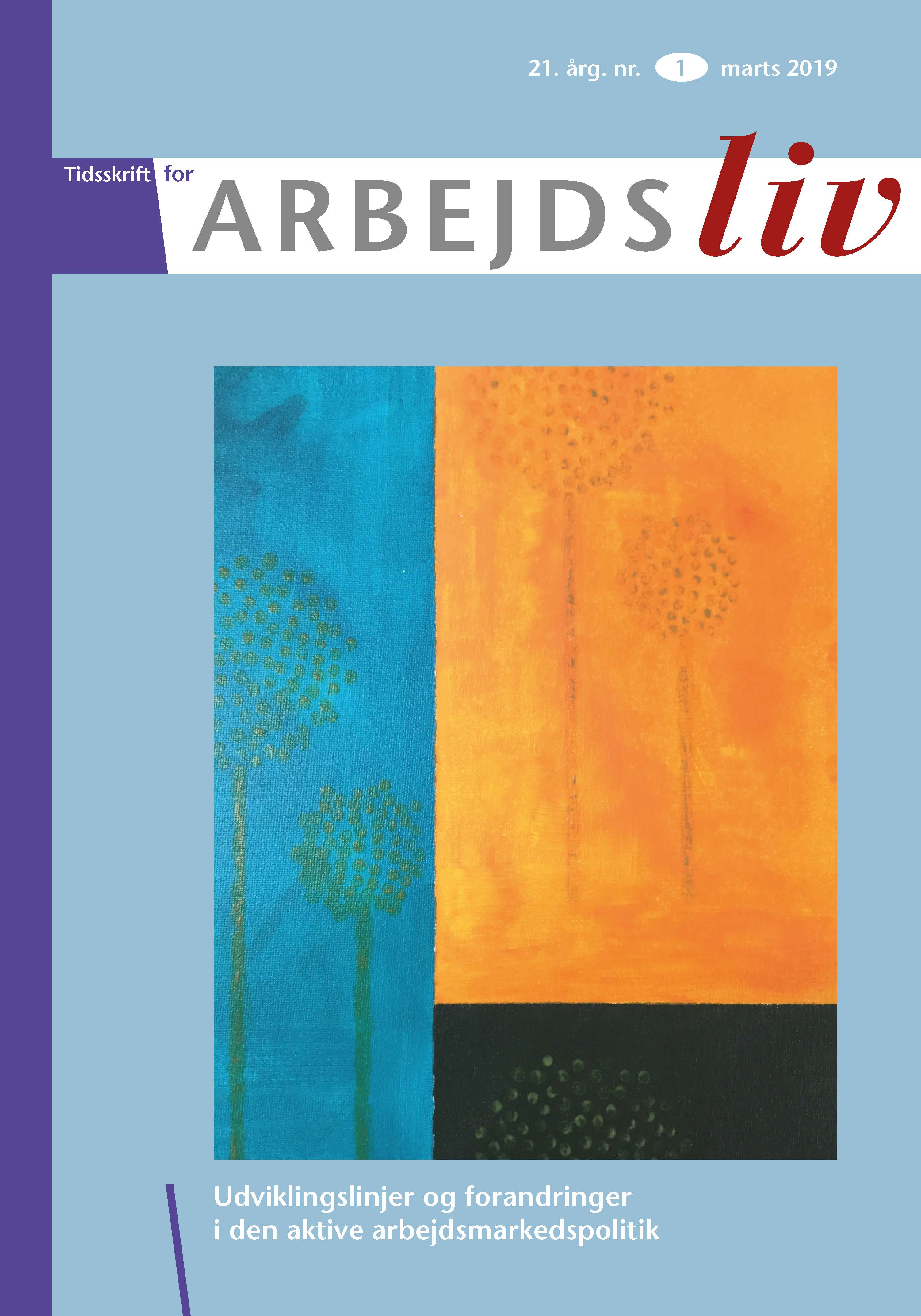What happened to the Working Class? Class-consciousness based on the conditions of production – the case of Denmark
DOI:
https://doi.org/10.7146/tfa.v21i1.114443Abstract
In recent years, the perception has spread among researchers and the public alike that employees no longer acknowledge class differences in society. For example, Ulrick Beck argues that labour dynamics have released workers from collective regulations, and the success of the welfare state has decoupled people from their original environments and orientations. The empirical analysis presented in this article does however show that the conception of class may still be relevant for understanding employees’ consciousness. This research is based on 53 qualitative interviews among employees in Denmark based on theories of class-consciousness. The interviewees were selected from a larger sample of respondents that formed part a survey on the same subject, and represents variation in gender, age, occupation and unionization. The divisions between the employers and the employees relate to the distribution of results of production and control of the work process, but also whether work is safe and provides a stable income, and whether the job offers creative and development needs. The contradictions develop dichotomy consciousness, which manifests itself in different forms. In addition, solidarity beyond workplace level remains basis for mobilization. The majority of interviewees understand society as class divided in the upper class, the middle class and the underclass. A majority place themselves in the middle class, while a minority place themselves in the working class. The criteria for class division are income and fortune, while power and control in the work relations are secondary or absent as criteria. In general, the majority of the employees do not reflect whether employers in terms of ownership have an impact on the distribution of power in society and the distribution of general economy, which could be expected from the class theory. However, even if workers understand themselves as middle class, their interpretations are based on contradictions to the employers at the workplace level and to the employers as a group. Moreover, the original middle class-consciousness is not only individualistic, but contains also collective features. The analysis challenges Ulrick Beck’s collective skeptical perspective, and demonstrates the relevance of a Marxist inspired approach to study class contradictions on the basic of the relations of production. The results do not pretend to be final. Further research is needed on how consciousness of relations of production is related to social conditions and to perceptions of society in general.
Downloads
Published
How to Cite
Issue
Section
License
Forfattere, der publicerer deres værker via dette tidsskrift, accepterer følgende vilkår:
- Forfattere bevarer deres ophavsret og giver tidsskriftet ret til første publicering, samtidigt med at værket ét år efter publiceringen er omfattet af en Creative Commons Attribution-licens, der giver andre ret til at dele værket med en anerkendelse af værkets forfatter og første publicering i nærværende tidsskrift.
- Forfattere kan indgå flere separate kontraktlige aftaler om ikke-eksklusiv distribution af tidsskriftets publicerede version af værket (f.eks. sende det til et institutionslager eller udgive det i en bog), med en anerkendelse af værkets første publicering i nærværende tidsskrift.
- Forfattere har ret til og opfordres til at publicere deres værker online (f.eks. i institutionslagre eller på deres websted) forud for og under manuskriptprocessen, da dette kan føre til produktive udvekslinger, samt tidligere og større citater fra publicerede værker (se The Effect of Open Access).





